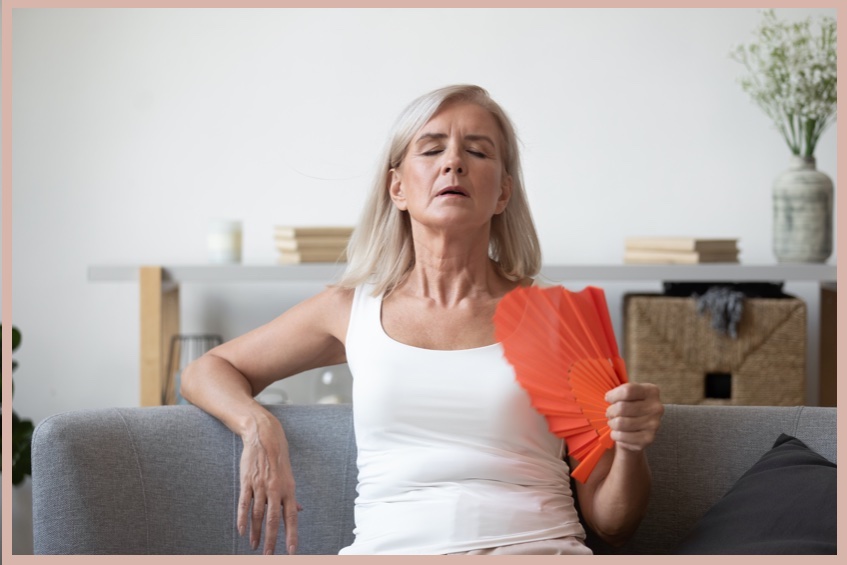Menopause
Menopause is defined as the final menstrual period and occurs due to changes in a woman’s reproductive hormones and ovarian reserve. Woman will start to experience symptoms during perimenopause which can significantly impact activities of daily living. Exercise can play an important role in optimising long term health after menopause including maintaining bone mineral density, maintaining a healthy weight range, reducing cardiovascular risk factors, and promoting pelvic floor health.
Common Symptoms
- Hot flushes
- Night sweats
- Vaginal dryness
- Bladder dysfunction
- Headaches/ dizziness
- Impaired memory/concentration
- Depression/anxiety
What To Expect
- Thorough examination of history, symptoms, limitations, and goals
- Completion of subjective screening assessment
- Comprehensive movement assessment
- Individualised evidence-based exercise program
How We Can Help
Menopause is associated with a reduction in oestrogen levels, leading to an increase in osteoclast, resulting in increased bone reabsorption and reduced bone formation. Individual exercise prescription can increase bone stimulation and maintenance of BMD.


